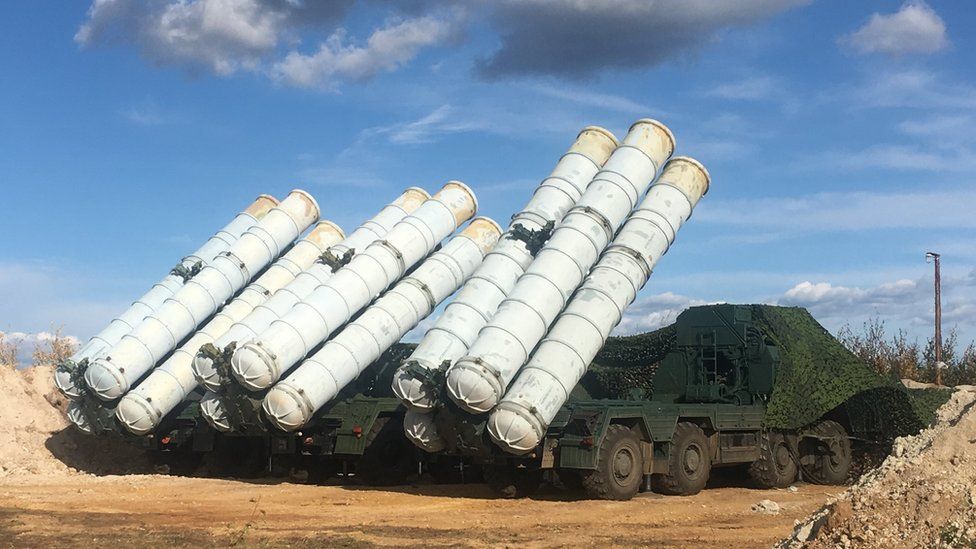According to reports disseminated by Israeli media, Russian forces employed S-300 anti-aircraft missiles to target Israeli aircraft in northwestern Syria earlier this month – potentially signaling a significant shift in Moscow’s posture towards Israeli operations in the country. The incident occurred on 13 May when Israeli airstrikes targeted sites in the vicinity of Masyaf in northwestern Syria. The area is associated with Iranian presence, and local sources indicated the strikes targeted suspected Iranian facilities. According to state-linked channels, five people were killed and a further seven injured in the strikes on 13 May which reportedly involved Israeli F-16 fighter jets. Reports by Syrian government media added that a total of 22 airstrikes were launched, with at least 16 intercepted, however there was no mention of the S-300 being employed.
Israeli reports citing security officials said the S-300 system was employed as the fighter jets departed the area following the airstrikes and that there was no danger of striking the aircraft. Neither Israeli, Syrian, or Russian official sources confirmed the event which, if true, marks the first documented employment of the S-300 system against Israeli aircraft. Unlike other weapons systems utilized by the Syrian government forces, the S-300 is controlled by Russian military personnel and therefore utilized only with explicit Russian approval.
The employment of the system – if only symbolically – thus signals a possible shift in Russia’s posture towards a more confrontationist approach to Israeli operations in the country. Relations between the two sides have been marked by a degree of cooperation in Syria, where the Russian and Israeli military maintain deconfliction mechanisms to avoid inadvertent targeting of assets. The Russian government also tends to downplay the repercussions of Israeli airstrikes, typically refraining from commenting on operations while implicitly extending a level of tolerance to Israeli efforts to neutralize Iranian assets.
The timing of the report is therefore noteworthy in light of an observable increase in diplomatic tensions driven by Israel’s opposition to the war in Ukraine. After adopting a cautious position initially, the Israeli government has been increasingly critical of Russia’s activities and while stopping short of supplying weapons, Tel Aviv reportedly began supplying limited military equipment to the Ukrainian government in May. In late April, Israeli officials also attended a US-led conference that discussed and approved the supply of arms to the Ukrainian military. With details of the 13 May incident still vague, the alleged employment of the S-300 is certainly plausible as strategic signaling from Moscow to deter further Israeli involvement in Ukraine.


